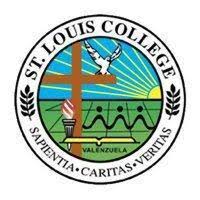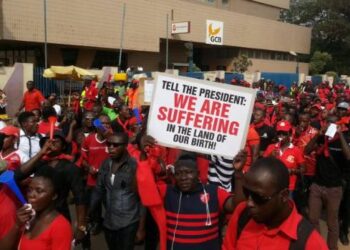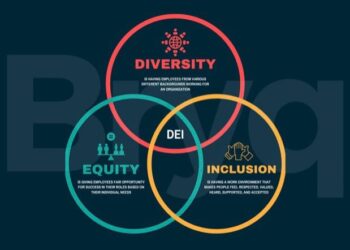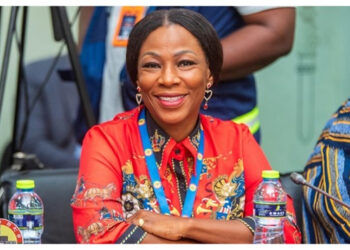The Saint Louis College of Education (CoE), Kumasi, has been adjudged the winner of the COVID-19 College Challenge Contest, which focused on making learning more accessible to disadvantaged children in communities.
Saint Louis represented by Ms Nathlaine Matilda Marfo defeated four others from Tamale CoE, Kibi CoE, Saint Teresah CoE, Hohoe; and SDA CoE, Agona at the finals where each student was offered opportunity to defend their proposals to the panel of judges.
Master Samuel Essah of Kobi CoE placed second, Ms Doreen Mensah of Saint Louis CoE picked the third slot, Master Nafari Julian Niendoo of Tamale CoE was adjudged the forth, and Master John Afrim of SDA CoE placed fifth.
The COVID-19 College Challenge was initiated to encouraged student teachers identify practical problems in their communities that prevented learners from gaining full access to teaching and learning; and suggest workable solutions to improve the situation.
The challenge was suggested by DFID with the objective to inspire innovation among student teachers to generate creative ways of making learning accessible to disadvantaged children in their communities.
It was organised through Transforming Teacher Education and Learning (T-TEL) platform in conjunction with the Teacher Trainees’ Association of Ghana (TTAG) as a means to reach and gain response from a good number of student teachers and get more young voices into policymaking.
Professor Mohammed Salifu, Executive Secretary of the National Council for Tertiary Education (NCTE), noted that the Ministry of Education together with its stakeholders since the temporary closure of schools, initiated efforts to ensure teaching and learning continues through the use of various distance and virtual learning management systems.
Prof. Salifu who was the head of a three-member panel of judges at the finals of the COVID-19 College Challenge contest, said the emergency shift to virtual teaching and learning has its accompanying challenges.
“The virtual learning platforms are only available to students who have access to electricity, television sets, internet data, smartphones, tablets and computers; which leaves out those who lack access to these technologies.
“Even when students have them, high costs of internet data can mitigate their access to learning, even though there have been attempts to mitigate this through zero rating of educational sites by telecoms providers,” he said.
Prof. Salifu noted that it was important to put in place measures to ensure that learners were still encouraged to learn and study even though they were outside of the classroom environment.
He said; “in light of this the COVID-19 College Challenge was proposed to encourage CoE students to come up with creative ideas and proposals on how to continue learning for disadvantaged children who cannot access distance and online education within their communities.
Ms. Bernice Bangfu, Coordinator – T-TEL Policy, Leadership and Institutional Development Component, explained that the new phase of emergency remote education had revealed a stark digital divide amongst learners.
“A significant deficiency in some low-income communities is internet deficiency and absence of computers, smartphones, and recording devices among others, to teach learners.
“Alternatively, some communities have radio or community address systems in place to improve learner engagement during the pandemic.
“Students of CoE were offered opportunity to identify practical community based problem which prevents learners from gaining full access to teaching and learning under COVID-19 and provide workable solutions”.
Ms Marfo who presented a project on Airwaves Education told the Ghana News Agency in an interview that together with the organizers, the project would be rolled-out immediately for the benefit of the rural students and pupils.
She noted that, there are hundreds of Colleges of Education students who were ready to support especially basic school pupils at home, because of COVID-19 through basic learning taking into consideration the preventive protocols.









Discussion about this post